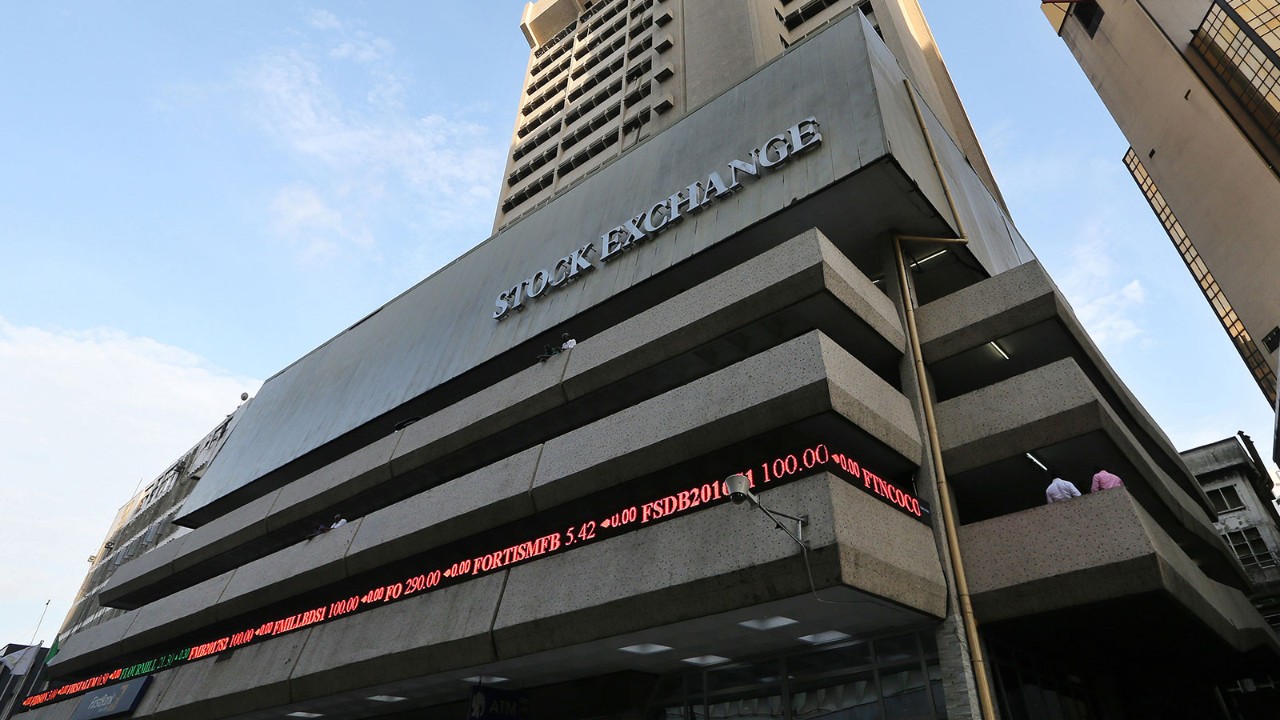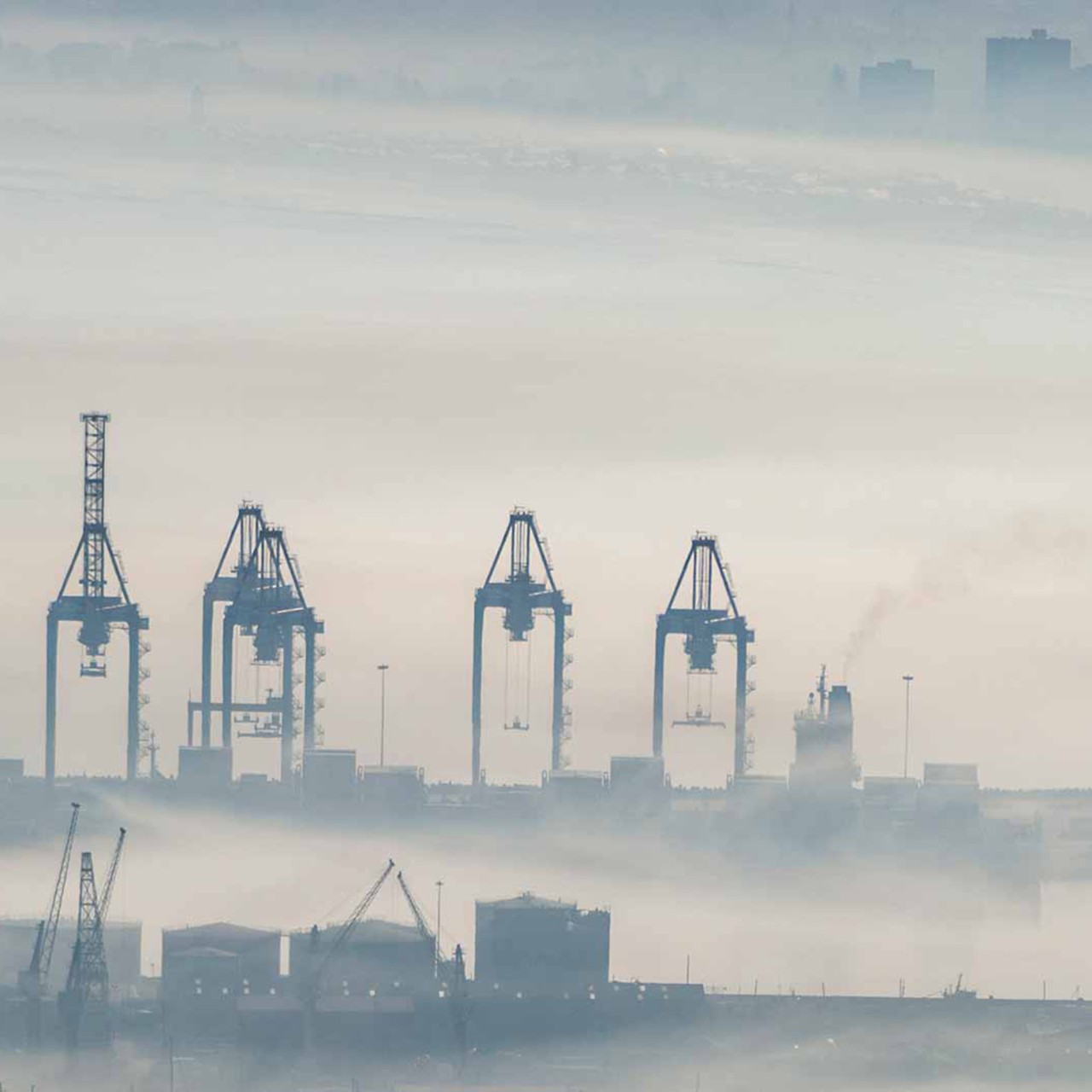
In today’s world, markets where long-term capital is traded are crucial. Capital markets create a bridge between savers and entities, with the latter putting the former’s savings to productive use. The quantum of capital in an economy accordingly influences the ability of that economy to produce, to trade and to employ.
An effective capital market is a ‘deep’ one, equipped with a good number of financial instruments to meet the diverse needs of users of capital. The depth of a market is indicated by the number of instruments traded in it (spread), the amount of capital represented by each of those instruments (capitalisation), and the volumes of those instruments that change hands each trading day (liquidity).
The deeper a country’s capital market, the stronger its economy is likely to be. It is no coincidence that the countries with the deepest markets also have the strongest economies – think the mature economies of the world.
Big and deep
Where capital markets exist at all in Africa, they are mostly relatively small. South Africa stands out as an exception, though. The country has by far the deepest market on the continent, trading equities, bonds, commodities and several derivatives. Its derivatives market is the largest in Africa, and includes futures and options contracts on equities, contracts for difference, and other bespoke products. The country’s bond derivatives market trades bond futures, forward rate agreements, swaps, and more. Meanwhile its commodities derivatives market offers a range of products referenced off foreign-based indexes, and its interest rate derivatives market is very strong, trading interest rate futures and swaps.
South Africa’s capital market is eight times the size of the second-largest capital market on the continent – that of Nigeria – which trades equities, bonds and other debt instruments, commodities and exchange-traded funds, and has a growing collective investment scheme market. Nigeria’s entire capital market is about 35% of the size of the country’s economy. Compare this with the South African capital market, which is over 300% the size of the country’s GDP.
One of the reasons the Nigerian market is not as large as it should be is the narrow range of products traded in it. The range of products and instruments is not enough to meet the diverse needs of investors and users of capital. In a bid to increase the offering, exchange-traded financial derivatives are being introduced for the first time.

It is no coincidence that the countries with the deepest markets also have the strongest economies
Exchange-traded derivatives
Financial derivatives derive their value from other assets or instruments, and can be used for risk management or speculation. They improve flexibility and offer another layer of opportunities on top of traditional equity and bond instruments. Derivatives provide leverage capabilities and are great for tactical asset allocation.
Over the years, the Nigerian market has seen some trading in derivatives but these have been over-the-counter transactions. Introducing exchange-traded derivatives will help make the market more attractive.
As part of the process of introduction, Nigeria’s Securities and Exchange Commission (SEC) has registered two central counterparties and approved other critical infrastructure for the derivatives market. Rules that will guide the market have been set by the SEC and the exchanges that will run it. Capacity is presently being built, with training, seminars and workshops directed at getting stakeholders ready for the market.
As Nigeria goes along this path, African capital markets that do not already trade derivatives would do well to begin to consider including these instruments in the range of products they trade. It is only by deepening their offerings that they will have a chance of competing.
More information
Read an interview with Abimbola Ogunbanjo, chair of the group that operates the Nigerian Stock Exchange
Read Okey Umeano's column on stock market integration in West Africa



